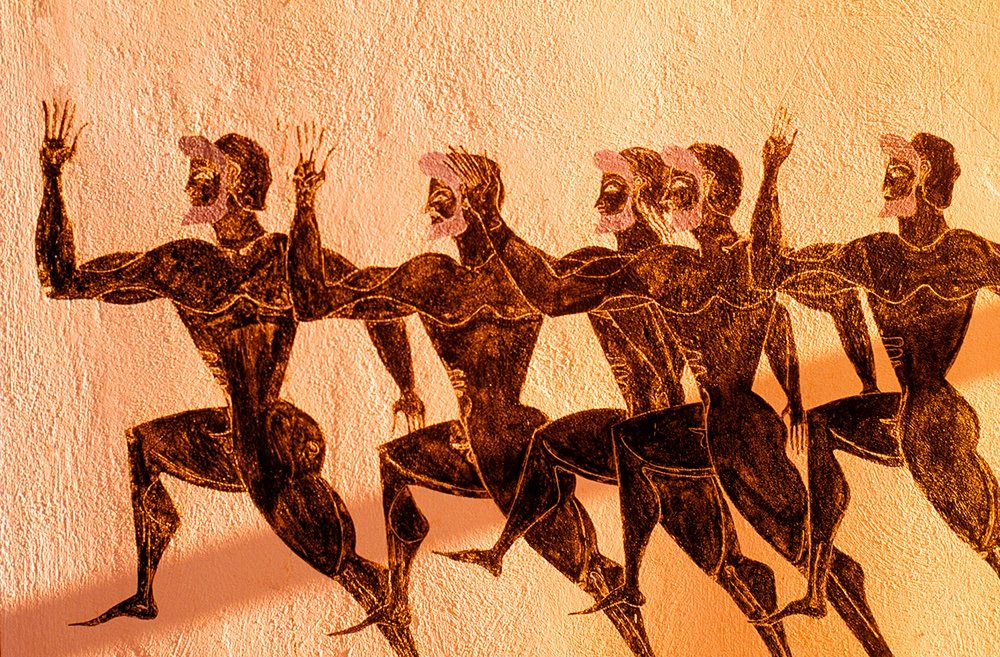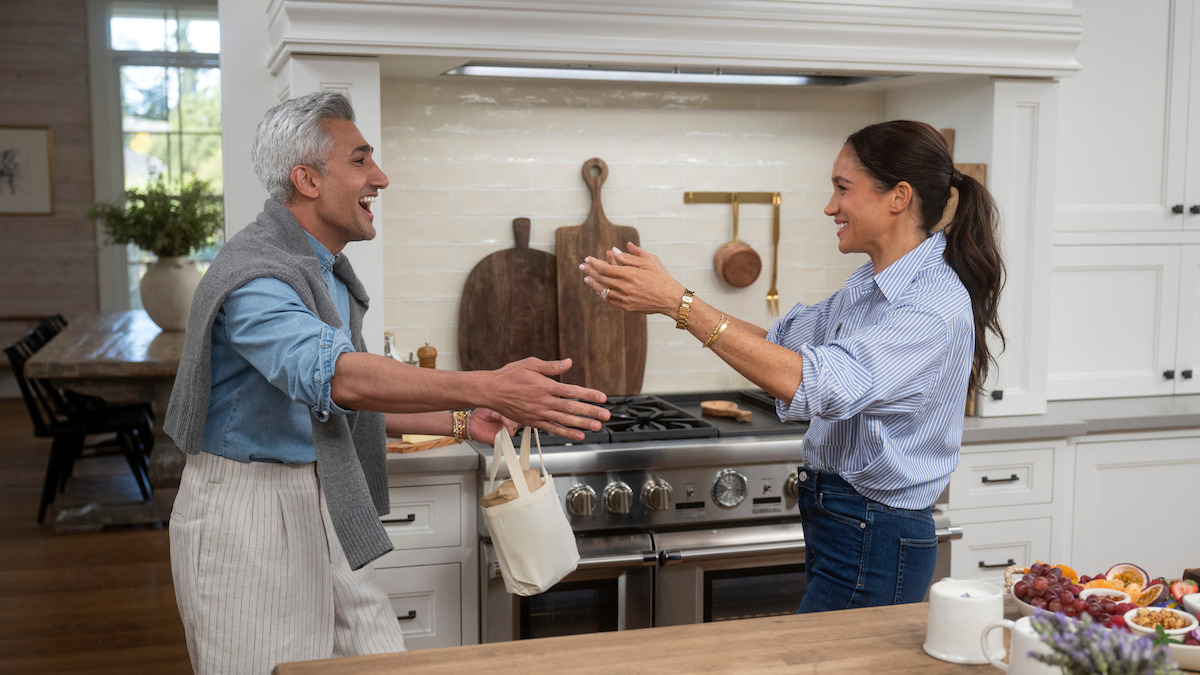Meghan Markle seems to see herself as a ‘victim’. Had she called herself a victima in Rome, it would have been a matter of some surprise, since the ancients used that image solely with reference to animals for sacrifice. But our ‘victim’ is used as if one genuinely were as helpless as a victima.
Ancients would have none of that. In place of our ‘victimhood’, they used words like ‘wronged, betrayed, worsted, dishonored, neglected, injured’. Even the classical terms for ‘suffer’ meant at root ‘undergoing/enduring an experience’ of some sort. Ancients, then, were not for relapsing into supine self-pity, but for taking action against the humans who had wronged them. The soap-Oprah interview certainly did that.
Whence, then, that sense of ‘victimhood’? Ms Markle made it clear that it was down to the palace’s unfeeling treatment of her that led to her mental health problems. Here the Stoic philosopher Epictetus (d. c. AD 135) comes in. He argued that mental problems — e.g. feeling angry, depressed, frightened, disgusted — arose from the way you thought about them. And the way you thought about them was ‘up to you’: your own thoughts were the single thing you had the possibility, and so the responsibility, to control. So he might have analyzed her situation as follows:
‘As an actress, Ms Markle, you live for fame — the more famous you become, the richer, and so the more in control of your future. But you cannot control your future. As my writings make clear, the only things you can control are your opinions, interests, desires, and dislikes; you cannot control your reputation, or make people obey you. Presumably you saw marrying a prince as a means to your desired end. But then it turned out that the palace was in command, royal fame far greater than yours, and you but a bit-part, and under their orders too. Mentally distraught at not being the star, but just casting your starlight on them, you stormed off the set, taking with you the poor besotted Harry. But that decision was “up to you”, i.e. your responsibility. No one, not even you, can be a victim of their own decisions’.
This article was originally published in The Spectator’s UK magazine. Subscribe to the US edition here.

























